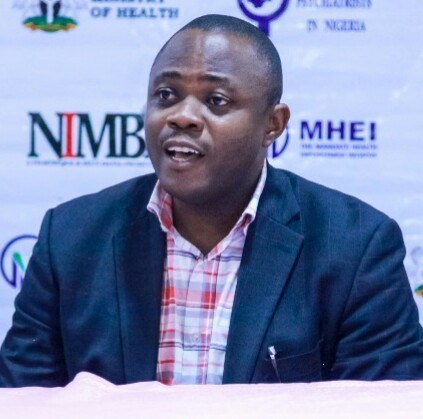
NGO calls for integration of mental health into primary healthcare services
By Angela Atabo
The Mandate Health Empowerment Initiative, an NGO, has called on the Federal Government to facilitate more access to mental health care for Nigerians at the primary healthcare level.
Mr Ameh Zion, Founder of the NGO and Convener, Africa Mental Health Reforms Network, made the call in an interview with the News Agency of Nigeria (NAN) on Monday in Abuja.
Zion said that this had become imperative, as studies had shown the existence of a huge treatment gap for severe mental disorders in the country.
According to him, more attention is being given to the physical health sector than the mental health, not only by the government but also, by international organisations.
It will be better if Nigerians can access mental health care, even down to the primary health centres, which are operating at the grassroots.
We also want international organisations in Nigeria to add mental health to their activities, given its critical nature in the optimal functioning of an individual, not notwithstanding his/her field of endeavour.
As an individual, one needs to be mentally healthy to function optimally at any given time.
We hope to see some notable changes, especially as it relates to care and service delivery, to persons with mental illness in Nigeria and other developing countries, he said.
Although Zion said that depression was a significant public health problem, he, however, added that the statistics of mental health across Nigeria was not attainable due to low funding.
He said that many people were going through depression as a mental illness, adding that this could be traced to so many challenges.
Zion said that people with terminal illness were also susceptible to depression and mental illness.
He added that the COVID-19 pandemic had also impacted negatively on the mental health of the people through the fear of contacting the virus, losing family members or losing ones job as a result of the pandemic.
The NGO founder said that depression in Nigeria was more common than people had thought, stressing that the burden was more on women than their male counterparts.
He noted that according to the World Health Orgainsation (WHO), the burden of depression was 50 percent higher on females than males.
In Africa, about 5.9 percent of females suffer depression compared with 4.9 percent among males.
Studies in Nigeria have it that females are at significant risk of depression due to factors like low socio-economic status and violence from intimate partner, among others, he said.
Source: NAN News